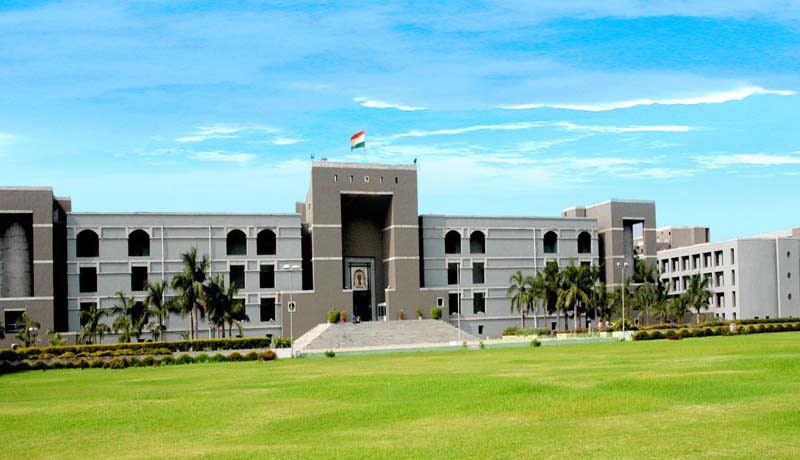“Mere voluntary disclosure of Income without any material evidence cannot form basis of Addition”: Gujarat HC [Read Judgment]

Excise- Gujarat High Court -Tax Scan
Excise- Gujarat High Court -Tax Scan
The Gujarat High Court in a recent decision observed that mere voluntary disclosure of income by the assessee under section 132(4) of the Income Tax Act, 1961 cannot form basis of making addition. According to the division bench, such a statement must be accompanied with any material evidence. There is a normal presumption that the statement under section 132(4) is given voluntarily unless it is proved otherwise.
The Assessing Officer passed an order under section 142(3) of the Income Tax Act wherein the officer has made addition of unexplained income from speculation business in shares at a figure of Rs.10,50,000/- earned over a period of several years based on tentative and qualified disclosure.The Officer maintained that the assessee under section 132(4), admitted that he has concealed the income.On behalf of the assessee, it was contended that the statement recorded under section 132(4) was obtained under pressure and he was forced to make such a confession that he has undisclosed income. CBDT Circular No. F.No. 286/2/2003-IT dt. 10.03.2003 which bars addition on the basis of confession was also cited in support of the assessee’s submissions.
On appeal, the Commissioner of Income Tax (appeals) has set aside the said order on ground that no material evidence was produced to prove the said addition.While nullifying the said order the CIT(A) observed that “It is a normal presumption that statement under section 132(4) is given voluntarily unless it is proved otherwise. There is no evidence on record to show that this statement was given in any coercion. Therefore, I am unable to agree with the assessee that it was a forced statement. But I am reasonably impressed by the contention that this statement was subject to variation on either side after verification i.e. assessee could reduce the disclosure made or the Assessing Officer could enhance the same if the facts and evidence so warranted. May be, even if this fact is not mentioned in the statement itself, the point will still remain since it is no body's case to get say any extra tax then is due.”
The Revenue approached the Tribunal for remedy in which the Tribunal confirmed the impugned order.Thereafter, the assessee filed an appeal before the High Court challenging the above order.The question before the Court was to decide whether the Appellate Tribunal is justified on facts and in law in restoring partial addition at Rs.10 lacs towards probable speculation income?”
The Court noticed the decision in Kailashben Manharlal Chokshi v. Commissioner of Income-tax, in which the same Court made an observation that confessions during the course of search and seizure and survey operations do not serve any useful purpose.Further the Court observed that “it is, therefore, advised that there should be focus and concentration on collection of evidence of income which leads to information on what has not been disclosed or is not likely to be disclosed before the Income-tax Department. Similarly, while recording statement during the course of search and seizures and survey operations no attempt should be made to obtain confession as to the undisclosed income. Any action on the contrary shall be viewed adversely.”
Following the above judgment, the Court confirmed the order of the CIT(A) and held that “mere speculation cannot be a ground for addition of income. There must be some material substance either in the form of documents or the like to arrive at a ground for addition of income. Considering the ratio laid down in theabove decision and in the facts of the present case, we are of the view that the issue raised in this Appeal is required to be answered in favour of the assessee and against the Department.”
Read the full text of the Judgment below.


